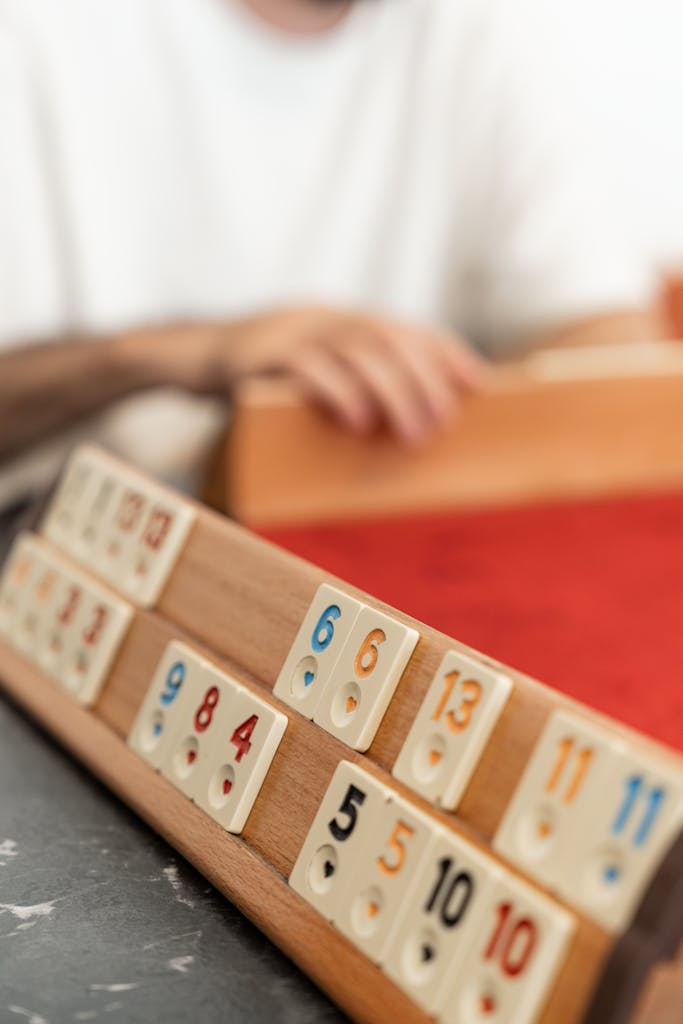Take the Stress Out of Homeschooling with Math Games
Homeschooling is a rewarding experience, but let’s be honest—teaching math can sometimes feel like a monumental task. Whether it’s the struggle of explaining concepts over and over again or trying to keep our kids engaged, math is often one of the subjects that can quickly become stressful for both mom and child. The good news is, there’s a simple solution that can make math not only easier but also fun: math games.

In this post, we’ll explore how incorporating math games into your homeschooling routine can help take the stress out of teaching math. We’ll also spend some time talking about CTCMath, a comprehensive online program designed to make math fun, engaging, and stress-free for you and your child.
Why Math Games?
If you’ve ever struggled with the frustration of math worksheets and drills, you know how quickly kids (and moms!) can lose motivation. Math games provide an alternative approach by turning learning into a fun and interactive activity. Here’s why they work:
- Engagement: Kids are naturally more engaged when they are playing. Whether it’s a board game, a card game, or an online game, the “fun factor” makes math less intimidating and more enjoyable.
- Hands-on Learning: Math games allow children to actively apply what they’ve learned in a way that is more dynamic and memorable than traditional paper-and-pencil exercises.
- Critical Thinking: Many math games involve strategy, problem-solving, and decision-making, which helps kids build a deeper understanding of math concepts.
- Reduced Pressure: Because games are meant to be fun, they take away the pressure of “getting it right” and allow kids to learn through trial and error in a low-stress environment.

How to Use Math Games in Your Homeschool Routine
The beauty of math games is that they can be integrated into your homeschooling day in all kinds of ways. You don’t need to replace your curriculum or routines entirely; instead, you can use math games as a supplement to reinforce key concepts, practice skills, and make math more enjoyable.
1. Play Games in Daily Math Practice
Use a quick math game for daily practice. Something as simple as a 10-minute card game can provide excellent reinforcement of basic math skills, such as addition, subtraction, multiplication, and division. For example, you can play “War” with a deck of cards, where each player flips over two cards, adds them together, and the one with the highest sum wins the round.
Tip: Keep it short and sweet. You don’t want to overwhelm your child with long sessions, but just enough time to practice concepts while having fun.

2. Use Math Board Games for Family Fun
Board games like Monopoly, Chutes and Ladders, or Sum Swamp are great for reinforcing math skills like counting, addition, subtraction, and even budgeting. They can be especially useful for younger children who need to develop basic number sense. Games that make math fun also provide opportunities for social learning, as siblings or friends can play together and practice teamwork.
For example, in Sum Swamp, children work on addition and subtraction as they navigate through a swamp, solving math problems to move forward. This adds a fun narrative to the math problems, making them more relatable. (Check out this Ultimate List of Fun Math Games.)
3. Try Online Math Games with CTCMath
For a more structured, yet still fun approach, CTCMath is an excellent resource. CTCMath is an online program that combines video lessons with interactive exercises, making it a great way to teach math concepts in a way that feels more like a game than a traditional lesson. With its colorful interface and engaging activities, CTCMath captures kids’ attention and motivates them to keep going.
What makes CTCMath unique is that it adapts to each student’s learning pace, helping them build confidence and understanding at their own speed. It also offers a comprehensive curriculum for all grade levels, so whether you’re teaching elementary school math or high school algebra, there’s something for every learner.
By turning lessons into interactive exercises and offering rewards for completing tasks, CTCMath keeps the mood light and fun while ensuring your child is mastering essential math skills.
4. Make Math Games at Home

If you’re feeling creative, you can also make your own math games. These could be educational activities to go alongside a comprehensive math program like CTCMath offers. Here are a few simple ideas to get you started:
- Math Bingo: Create bingo cards with math problems in the squares (e.g., “8 + 7”, “12 – 3”). Call out the answers, and kids mark off the problems on their cards. The first one to complete a line wins!
- Dice Games: Use dice to create games where children roll and add, subtract, multiply, or divide the numbers. You can set up challenges where they need to create the highest or lowest possible number using their rolls.
- Math Scavenger Hunt: Create a scavenger hunt around the house with math problems leading to different locations. For example, “Solve 14 + 6 to find your next clue under the couch,” or “Find a set of objects that adds up to 20.”
Homemade math games can be tailored to your child’s age, grade level, and specific learning needs. They can also be seasonal, such as this printable Thanksgiving Math Game.
5. Incorporate Math into Daily Life
The best part about math games is that they can happen anywhere, anytime. Look for everyday moments when you can incorporate math practice, such as:
- Cooking (measuring ingredients, doubling recipes)
- Grocery shopping (estimating prices, calculating discounts)
- Family road trips (budgeting, measuring distance)
- Gardening (measuring, volume, geometry)
- Outdoor math fun
Involving your child in practical, real-world math applications helps them see the relevance of what they’re learning and turns everyday activities into opportunities for math fun.

Summary: Making Math a Fun Learning Experience
As a homeschooling mom, your goal is to create a learning environment that nurtures your child’s curiosity and passion for learning. Math games are a fantastic way to do just that. They take the pressure off, encourage problem-solving, and make math feel like a fun challenge instead of a chore.
In addition to using math games and real-live math activities, consider integrating an online program like CTCMath into your routine to provide structured learning in an interactive way. The combination of games and a comprehensive curriculum will help build your child’s confidence and skills, while also making math enjoyable for everyone involved.
Check out CTCMath today and discover how their engaging, online lessons can help make homeschooling math more attainable.










